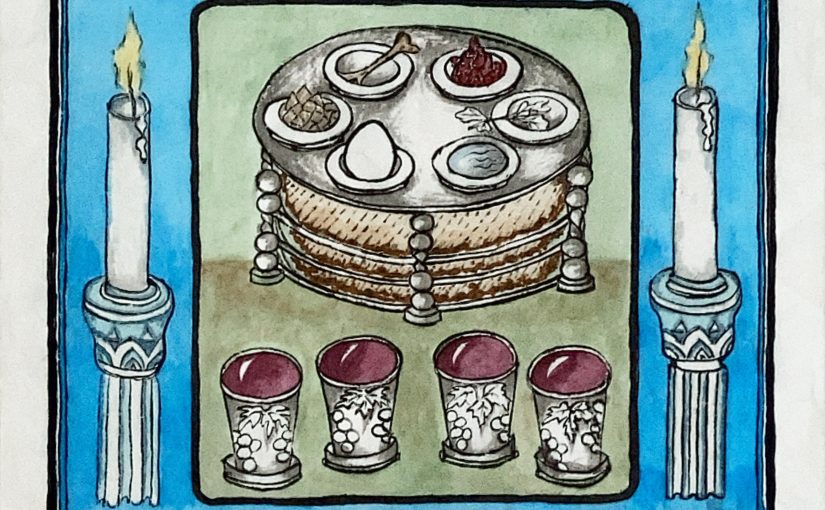Jews have been called “the people of the book.” It was the power of and devotion to the received and unfolding written word that ensured the Jewish people’s unity (and diversity) across almost 2,000 years of exile. But who reads books anymore?
If you are perusing these pages, you probably belong to what has become a somewhat exclusive club – readers. Beginning with the advent of radio, picking up speed with the development of television, then supercharging connectivity while reducing attention spans with the advent of internet and social media, books have, for many people, ceased to be the primary go-to source for entertainment, pastime, learning or self-improvement.
When social media took off, in the early 2000s, most people, experts and us ordinary folks, didn’t really fathom the impact it would have on our society or on our physiology. Now, a few short years later, science is demonstrating that the speed with which images and ideas flash into our senses may be literally changing how our brains work.
It may be safe to say that giant leaps in artificial intelligence just in the last few months will have at least the same breadth of impact on societies and individuals.
Skeptics among us, who have dabbled a little in public interfaces like ChatGPT, have come away gobsmacked by the capabilities we have discovered – which are clearly just the tip of the iceberg. Perhaps the most wondrous (and scary) thing about artificial intelligence is that it may represent the beginning of an exponential, self-sustaining explosion. The Industrial Revolution began less than 300 years ago. Every modern convenience – practically everything we have outside of turnips and animal-skin garments – is a result of that explosive growth in human capability. For better and worse. For all the incredible advancements we have made, the price we are paying appears to be the future of our planet itself. All this in a mere three centuries. Artificial intelligence, even if we do not understand it now, will likely speed up change in ways that make today’s offerings look like the cotton gin.
The written word is just a small part of what artificial intelligence can do. Because it is one of the easier things to access for most laypeople, this component of ChatGPT is the one that most of us have probably played around with. Professors, employers and others are suddenly confronted with uncharted moral territory in dealing with brilliantly written submissions from students, employees and other correspondents, any of which may or may not have been written by human hands and minds. As one professor commented in media recently, what tipped him off to the problem was how dazzling some of the essays he received were.
And the time-saving! Artificial intelligence can write a letter to a recalcitrant employee, a grandparent, an old friend or a government official in a tiny fraction of the time it would take the ordinary person to draft a letter of far lower quality.
But who is going to read all these words?
Already, plenty of people have largely abandoned books. Even Jews, the people of the book, find much to do beyond reading. Just a little microcosm in our own community tells us this. Look at the corners of the Vancouver JCC that are the busiest at any given time. History and stereotypes should suggest that the Isaac Waldman Jewish Public Library would be packed with people from morning to night. It’s got a devoted and steady clientele, do not misunderstand, but, judging by foot traffic, you might think 21st-century Jews would be better known as the “people of the gym,” “the people of the pool” or “the people who gab endlessly in the boardroom.”
The bigger issue is, at some point with the advent of technology that just keeps producing more words, we will reach a tipping point at which there are more “writers” (human or otherwise) than there are readers. If a tree falls in the forest and there is nobody to hear it fall, it has been asked, does it make a sound? If words are put to paper (or screen) and never read, might it be as well if they had never been written at all?
Again: we use words as an example here because that is the field we know best. AI is set to upend almost every facet of our society. It feels like we are at a moment much more significant than that time 20 years ago when we first encountered social media, or 30 years ago, when most of us first ventured onto the World Wide Web. We can only barely fathom the good and bad (and indifferent) changes imminent.







